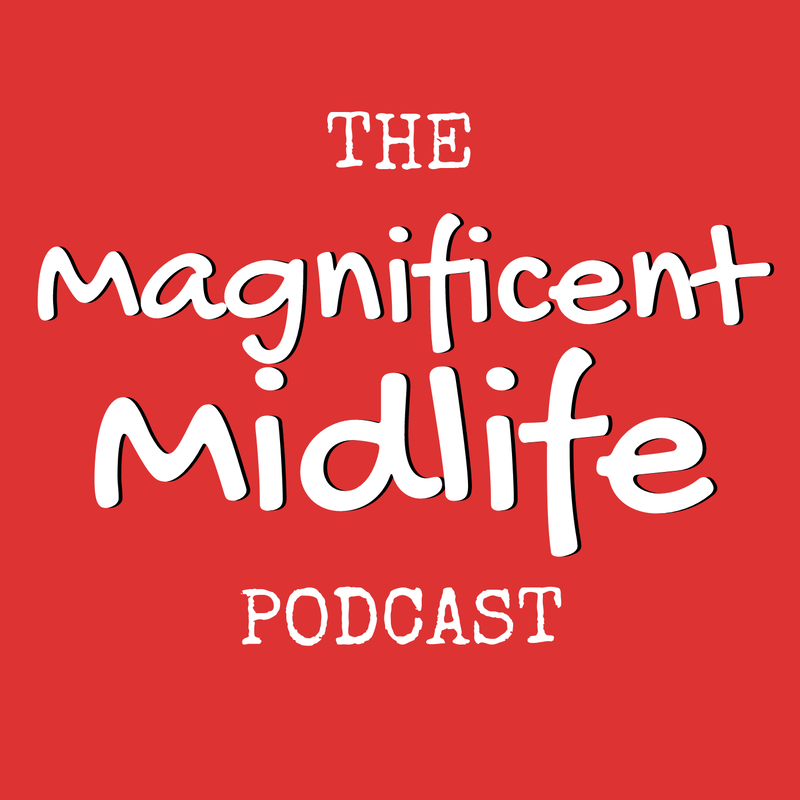|
Drinking alcohol is part of life for many adults. It's often seen as a way to unwind or as something fun to do socially with friends. That being said, it also has its drawbacks when it comes to weight management. As much as you may like to indulge in your favorite alcoholic beverages, it's essential to know how it affects the body, especially when you have a specific health goal, such as weight loss. There's nothing wrong with a bit of indulgence here and there, but I'll be honest with you. Too much alcohol can sabotage your goals. No, I'm not saying you must be some unrealistic, perfect robot and never enjoy your favorite glass of Chardonnay! But I do want you to be informed about how it affects your weight loss goals so you can make the right decisions about how or if you want to include alcohol in your diet. Alcohol Has Empty CaloriesIt's important to note that alcohol is full of empty calories, which means it has calories but with no nutritional value. When you drink, you increase your calorie intake with no real benefit. Alcohol Inhibits The Absorption of NutrientsNot only is alcohol void of any nutrients, but it also inhibits the absorption of nutrients like glucose, amino acids, and minerals in the small intestine, including vitamin B12, B1, folic acid, and zinc. This is because the body prioritizes metabolizing alcohol over other nutrients because alcohol is toxic to the body. Therefore, the more you drink, the less you are benefiting from these essential nutrients. Your Body Burns Alcohol FirstAlcohol is a toxin and as such your body needs to deal with this toxin (get rid of it) before it can deal with other functions such as burning body fat or building muscle. It usually takes about 24 hours for your body to burn off alcohol. So that workout you did in the morning after you have a few drinks… didn't do much in the way of building muscle or burning fat. Alcohol Leads to Excess Belly FatBecause your body needs to burn off the alcohol first, fat calories or excess calories you are consuming will go directly to stored body fat, especially belly fat. The body treats alcohol as fat, converting alcohol sugars into fatty acids. Most importantly, belly fat, or visceral fat, can be especially dangerous because it can cause insulin resistance, diabetes, high blood pressure, and heart disease. Alcohol Negatively Impacts SleepAlcohol interrupts your normal sleep patterns of light and deep sleep or REM sleep. Without adequate rest, your body is unable to repair, rebuild, and restore your cells overnight. You'll also wake up feeling sluggish, which is never a good state to be in when you're trying to eat healthily. Alcohol Leads to Poor Food ChoicesBecause your inhibitions are generally lower when drinking alcohol, it can cause people to put their goals on the back burner and make food choices that aren't particularly healthy. Oftentimes, these are greasy or salty foods because alcohol can make you crave them. You can imagine what this does over time if you don't drink in moderation and don't have a plan of what to eat while you're drinking. Alcohol Affects the Effectiveness of ExerciseBecause alcohol can cause dehydration, if you drink before a workout, you are more apt to feel tired and sluggish. Alcohol also makes it more difficult for your body to convert food into energy, and on top of that, it will prevent the production of ATP (adenosine triphosphate), which is the fuel muscles need to contract. Overall, most of us know that being under the influence while working out is a bad idea, but it's not uncommon to have a few drinks and then do your workout later. Think about how this could be affecting how successful that workout actually is. ConclusionThere are many reasons why alcohol is bad for weight loss, including the fact that you are consuming empty calories, it prevents the absorption of vital nutrients, your body will prioritize burning alcohol instead of fat, it can lead to excess belly fat, impacts your sleep negatively, makes you make poorer food choices and reduces the effectiveness of your workouts. Limiting your alcohol consumption, being smart about when you drink, and planning ahead can go a long way in preventing it from affecting your weight loss goals. Always consider the pros and cons of drinking when it comes to a specific goal you are working so hard to reach. Don't think you have to be perfect and deprive yourself all the time, but do try to be smart about it when you can.
0 Comments
Leave a Reply. |
authorLisa Swanson is an ACE Certified Health Coach, Personal Trainer and Orthopedic Exercise Specialist as well as a certified AASDN and PN level 1 nutritionist. With over 35 years experience helping people turn their lives around, she is on a mission to provide relevant and useful knowledge to help women in midlife reach their goals. featured onCheck out my interview with the Magnificent Midlife podcast on staying fit and healthy long-term.
Categories
All
|
What I DoAt Body & Soul Coaching I empower women over 50 to lose weight and feel confident without deprivation diets or spending hours in the gym.
|
Company |
|
|
© COPYRIGHT 2022. ALL RIGHTS RESERVED.
|
Website Design by My Personal Trainer Website
|



 RSS Feed
RSS Feed